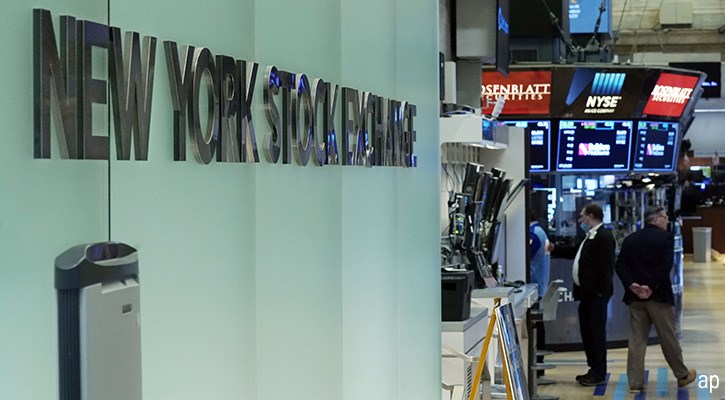
Annual inflation rose to 3.2% in August, the highest in nine years and a jump of 1.2 percentage points since July, the biggest jump since records began in 1997. Rising prices for food, hotels, and transport were behind this increase in the consumer price index (CPI). The Office for National Statistics says this jump in the cost of living is likely to be temporary because last August food prices were artificially lower during the Eat Out to Help Out scheme.
Unless wages keep pace with rising costs, inflation is generally negative for consumers. But what does it mean for investors? Inflation is a huge topic for global investors, perhaps the biggest this year after Covid, and the logical question is what action central banks plan to take to tackle it - and when.
The Bank of England, which expects inflation to hit 4% this year before falling back, meets next week to decide whether to leave interest rates on hold at their record lows of 0.1%, or to make changes to its quantitative easing programme.
Here's some initial reaction from market experts:
John Plassard, deputy director at Mirabaud Group, says:
“While many have focused on the normalisation of monetary policy in the United States and Europe, today’s data suggests that the UK may ultimately be the first to raise rates in 2022 ... The money market is now pricing in two rate increases in 2022 earlier than previously thought. While this would be a big tailwind for UK lenders, it would be a significant weight for companies in sectors like utilities and real estate that are sensitive to rising bond yields. Taking a global view, this could also put pressure on the Fed and the ECB to normalise their monetary policy in the face of inflation."
Richard Woolnough, M&G Investments, thinks that the tightening of UK monetary policy is firmly on the agenda amid a strong labour market and soaring house prices:
"The Bank of England, like the Fed, has to be aware of the inflation implications of the historic monetary and fiscal interventions that were needed through the Covid years. One unique challenge for the UK central bank is trying to understand the tightness of the UK labour market and its inflationary implications post Brexit."
Hugh Gimber, global market strategist at J.P. Morgan Asset Management:
"The Bank will be reluctant to move until it is also confident that the economy has successfully negotiated the end of the furlough scheme, yet record levels of job vacancies suggest ample scope for the bulk of furloughed workers to be re-absorbed into the labour market. With inflation running hot and wages on the rise, the Bank looks quite likely to be one of the first major central banks to hike rates next year. In this context, the historically low level of UK gilt yields appears inconsistent with the inflationary pressures building in the economy.”
Scott Spencer, investment manager in the multi-manager team at BMO Global Asset Management
"Investor unease is the highest it has been for around 15 years. In broad-brush terms, rising inflation tends to be seen as bad news for markets. For equities, it can make it harder for companies to increase their earnings growth and, with bonds, it can make the securities that investors hold feel less valuable. If interest rates go up, it makes the returns available on newly issued bonds look more attractive ...
"Assets that tend to do well when inflation is rising include so-called value stocks, whose intrinsic worth might not be recognised by the wide market, and alternative assets such as property funds and commodity funds that have a clear link to rising prices.
"It’s nuanced, but now for us the argument that rising inflation levels are transitory is winning the day. We need to stay watchful, though, particularly for signs of a growing appetite to borrow among consumers, which could also push up prices over the longer term."








.jpg)




















